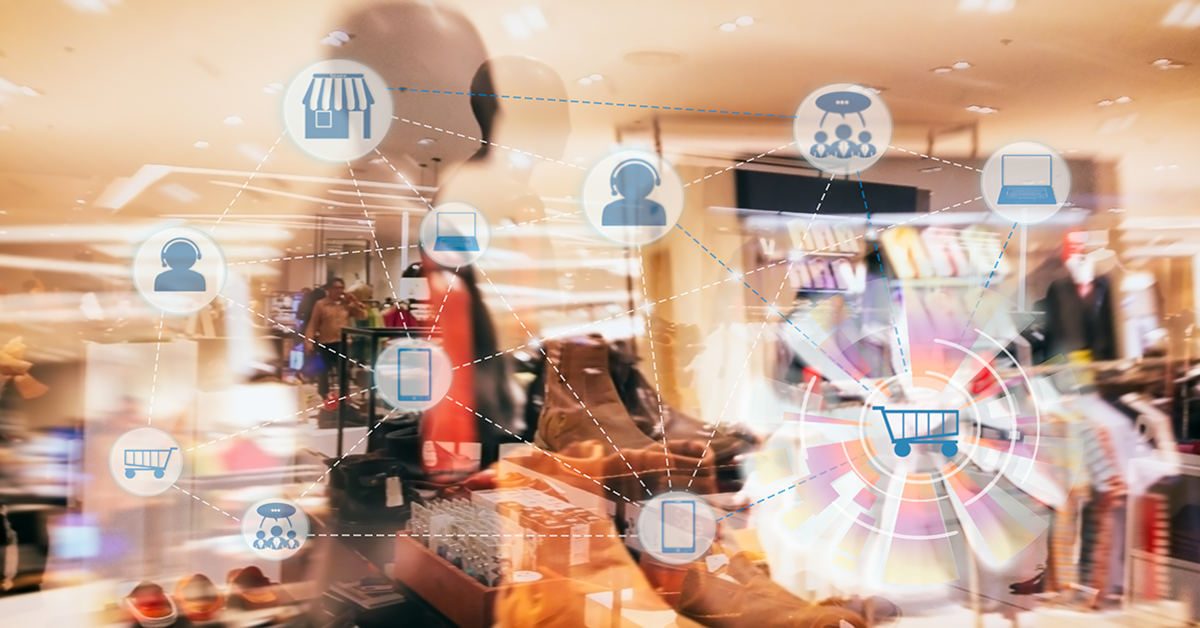Will Data Empower Consumers in A Post COVID-19 World
The COVID-19 pandemic has deepened the already complicated relationship Australian consumers have with data.
While Australians tend to be highly conscious of their data privacy, there is less resistance to the idea that data can be used as an asset to be traded for value. This value might take the form of a personal benefit, like a price reduction, or a societal benefit, like improving public health. Indeed, data is playing a crucial public health role in Australia’s fight against COVID-19, such as informing people where virus clusters are emerging and helping with contact tracing of those affected by the virus.

At the same time, vast numbers of people stuck in their homes across the globe are making daily decisions about their personal data. Should I block or accept cookies? Should I give away my email, birth date or location in exchange for something that helps me – a retail discount, reward offer, personalised service?
Consumer-permissioned data is a powerful example of consumers receiving a benefit from trading their data. It’s defined as transactional and account-level information that a consumer gives a business permission to access on their behalf. And it puts the consumer in charge of what information is shared with lenders and other service providers.
Consumer-permissioned data empowers individuals to leverage their own financial data to apply for loans and other services, potentially getting better access to credit. Examples include online banking or bank transaction data. By entering their username, password or other authentication credentials directly into the lender’s online application or processing portal themselves, consumers enable lenders to access online banking data securely on their behalf.
Why is consumer-permissioned data important?
Consumer-permissioned data will enable businesses to offer more loans and services to consumers who are establishing credit or working to improve their credit.
As the Consumer Data Right (CDR) currently rolls out across the Australian banking sector and then the energy and telecommunications sectors, consumers are gaining greater access to and control over their data. Under Open Banking, consumers must provide consent to share their transaction data with accredited Data Recipients. A Data Recipient will be required to be certified by the regulator and meet strict requirements about how they collect and use raw data.
Consumer attitudes toward the benefits of collecting data
According to research from media investment company, GroupM, 56% of consumers want more control over their data. The Consumer Trust in Digital Marketing 2019 study surveyed 14,000 consumers in 23 countries, including Australia. It found that 6 in 10 people are less inclined to use a product if their data is used for any purpose.
Trust is a critical ingredient in consumers’ willingness to exchange data. The Consumer Attitudes to Privacy in Australia report found that 55% of people rate being able to trust an organisation as a top-three reason that would make them happy sharing personal information. Deloitte’s Media Consumer Survey 2019 asked Australian respondents to give the top three types of companies they would trust with their data. Financial institutions and telcos came out at 70% and 61% respectively, compared to pay-TV at 25% and streaming services at 20%.
A Global Financial Services Consumer Study by Accenture of 47,000 participants across 28 markets, including Australia, shows that three-quarters of all respondents are willing to share the data required for benefits such as personalised offers, more efficient and intuitive services and more competitive pricing.
One such benefit from data collection is the growth of on-demand products and services for consumers, according to the Digitisation of the World from Edge to Core report from market intelligence firm, IDC. Consumers want data instantly, accurately and personally on whatever device at whatever speed available to them. By 2025, IDC predicts that nearly 30% of the global datasphere – information generated by consumers – will be in real time.
In combination, these studies highlight the growing move towards consent data. In other words, personal information obtained directly from a customer where both parties are fully aware of the use and benefits of the data. The COVID-19 pandemic may well accelerate this process as data becomes an asset the globe realises it can’t do without.
Related Posts


Highlights:
Mitigate the surge in AI-generated digital forgeries by moving from document-based checks to source-verified payroll data Combat sophisticated salary staging and liar loans with an automated, single source of truth Establish digital trust at the point of contact to protect your organisation from credit and compliance risks.